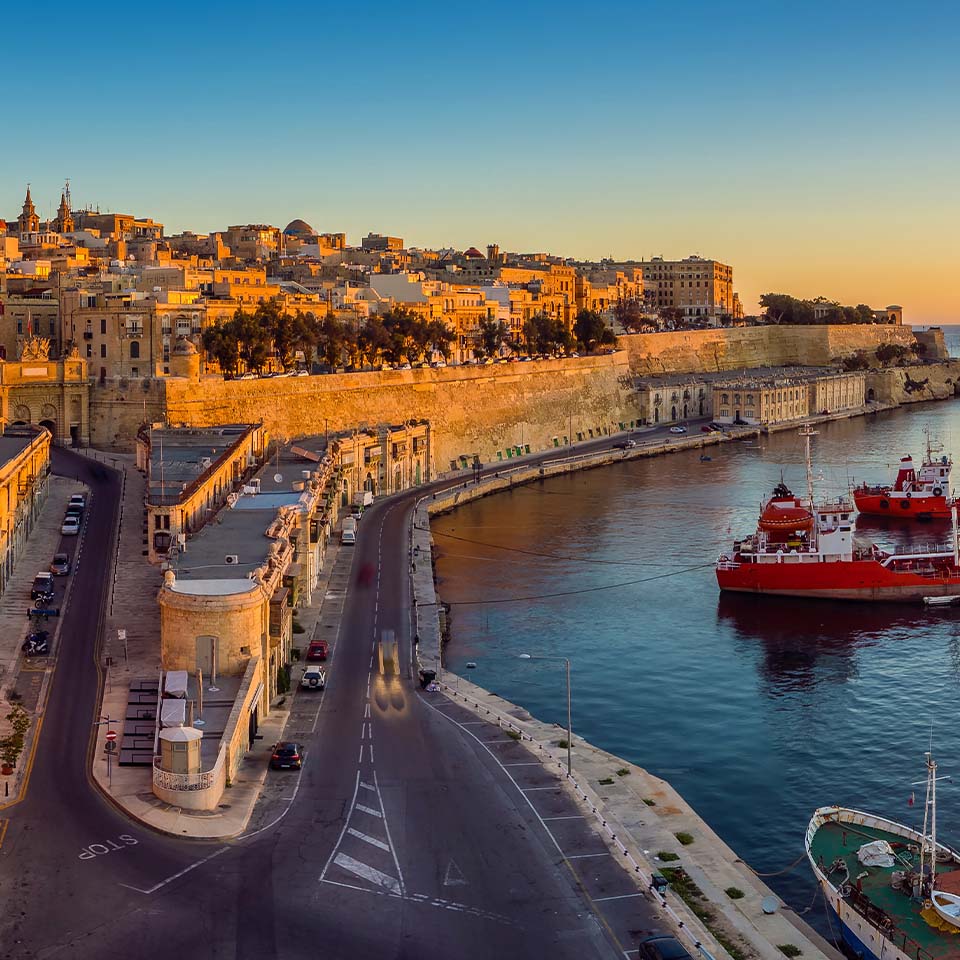Malta Foundations law is a jurisdiction where courts deal with foundations for public use Malta foundations are attributed a separate legal personality.
Malta enjoys a stable political climate and a bi-partisan political scene that is largely convergent on issues of national and economic importance. The country’s economy is considered to be one of the top performers in the EU, maintaining growth during the financial crisis. Malta has been a member of the EU since 2004 and of the Schengen Area since 2007. Malta Foundations are efficient vehicles for structuring wealth and for estate planning purposes. Under Maltese law, one can set up a private foundation or a purpose foundation, - the latter being highly effective vehicles for wealth management and estate planning.
SECTOR REGULATION: Malta Financial Services Authority (MFSA) BANKING SYSTEM: 10th soundest system in the world (WEF) APPLICABLE LEGISLATION: Schedule II, Malta Civil Code OFFICIAL LANGUAGES: Maltese, English TIMEZONE: Central European Time Zone (UTC +01:00) EUROPEAN UNION: Member of the EU & Eurozone CURRENCY: Euro € WORK FORCE: Well qualified, English speaking
Separate legal personality; With own liabilites & obligations; Asset Protection; Creation of different patrimony; Suppression of possible probate disputes; Avoidance of splitting of estates; Tax neutral.
Benefits
Maltese law on Foundations was introduced in April, 2008. Besides the recent implementation of the relative law, Malta enjoys an established jurisprudence on the law of Foundations where the Courts have dealt with foundations set up for public purposes. Historically, a Malta Foundation has been attributed a separate legal personality, and it may be set up by natural or legal persons, whether Maltese residents or nonresidents - irrespective of their domicile.
Malta registered address; Appointment of founder; Appointment of administrator; Assets: minimum endowment of €1,165; Naming of beneficiaries.
Who is this for
Why Malta
Key Contacts
Requirements

Process/Timeline


















